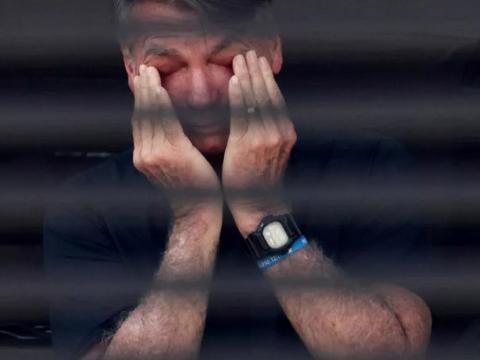


The Supreme Federal Court (STF) of Brazil will today officially make public the full sentencing document, detailing how the penalties will be distributed among those convicted for the attempted coup, including former President Jair Bolsonaro.
An Unprecedented Judgment in National History
This Friday's proceedings will mark the culmination of an unprecedented judicial process in the nation's political history. The STF convicted Bolsonaro the previous day to 27 years and three months of imprisonment to be initially served under a closed regime. The court found him guilty of five serious crimes linked to the plan to reject the results of the 2022 election.
Four of the five judges on the court's first panel found that he led an armed criminal organization, incited the Armed Forces to intervene in politics, attacked the Democratic Rule of Law, caused damage to public property, and sought to violently abolish the constitutional regime.
Sentencing Details for Key Conspirators
The comprehensive reading of the sentence will serve to specify the penalties for the other seven accused individuals, described as the crucial or main nucleus of the coup plot, among them former ministers and military officials.
This will formalize a judicial chapter that will have immediate effects on society and politics. Although Bolsonaro remains under house arrest for violating precautionary measures, the definition of how the sentence will be carried out could lead to his transfer to a federal prison. The Attorney General's Office has requested heightened security conditions to prevent unrest or escape attempts.
Defense Appeals and Political Polarization Intensifies
For its part, the defense team of the former president has already announced it will appeal to the full bench of the STF, composed of 11 justices, in order to suspend the conviction or postpone its fulfillment. It will also continue to insist on alleging purported procedural irregularities.
The decision intensifies the political polarization in Brazil. Allies of Bolsonaro have labeled the sentence a "judicial persecution" and called for mobilizations in several cities, while democratic and left-leaning sectors have celebrated the conviction as a triumph for the Rule of Law.
In the National Congress, lawmakers aligned with the former Army captain are discussing the possibility of pushing for an amnesty for those involved in the coup acts of January 8, 2023, though a majority of parliamentary blocs consider that outcome unfeasible and dangerous for institutional stability.
A Landmark Legal Precedent
Beyond the legal appeals and political maneuvering that may arise, the ruling establishes a legal milestone: for the first time, a former Brazilian president has received a criminal conviction for attacking the democratic order.
What transpires this Friday and in the coming days will be decisive for measuring the capacity of Brazil's institutions to close one of the most turbulent chapters in its recent history.